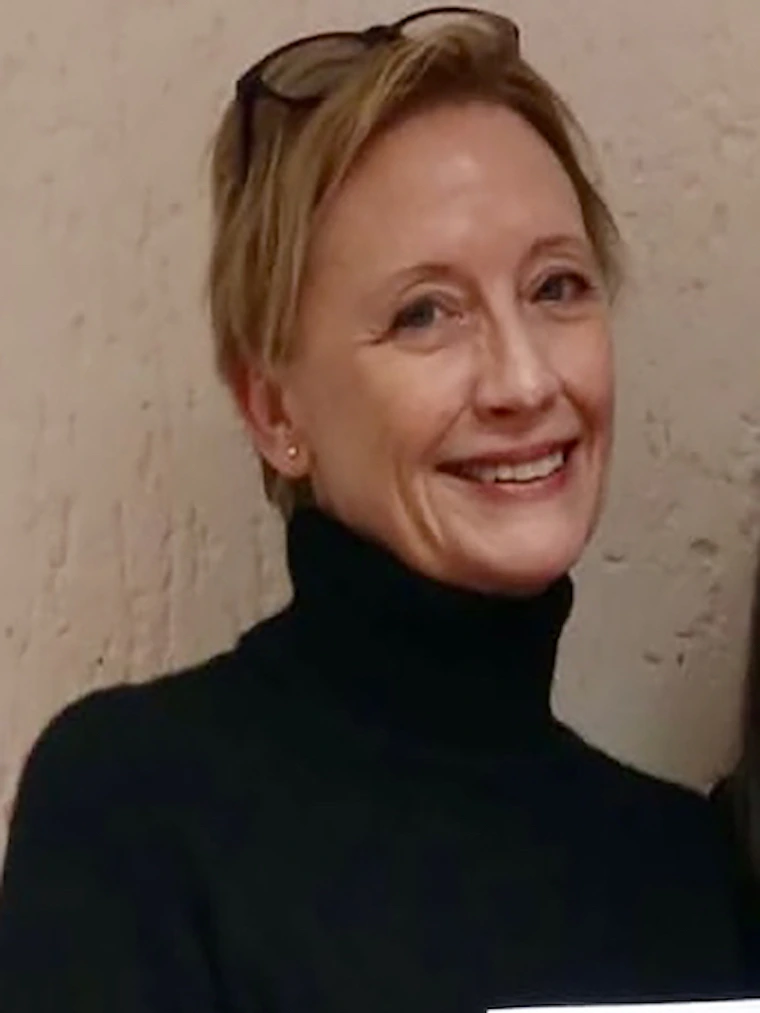Jennifer Jenkins

Jennifer Jenkins has a diverse background in American literatures, moving image and visual cultures, and information science. She holds advanced degrees in these fields and has made contributions to various aspects of film history, cultural preservation, and curatorial work. Her expertise centers around the non-theatrical moving image, particularly in the context of the Southwest United States and Mexico, and mainstream US, French, and Mexican cinema.
Jenkins has curated the Puro Mexicano Tucson Film Festival and contributed to exhibits for institutions such as the Arizona Historical Society and the UA Museum of Art. She founded Home Movie Day Tucson and the Tombstone Home Movie Project, both focused on celebrating and preserving amateur, locally-made films in the Arizona-Sonora borderlands. She is involved in restoring Teatro Carmen, the oldest extant Spanish-language theatre in a Sonoran rowhouse context in the US, and a longtime Black Elks Club in Tucson’s Barrio Viejo.
For the past decade, she has been collaborating with Indigenous communities to reinterpret midcentury educational and industrial films about Native peoples of the Americas. In 2011 she brought a digital archive of such films to the University of Arizona, and began actively engaging in “Tribesourcing,” which involves creating culturally informed information and alternate Native narrations for these films. This project received grants from the National Endowment for the Humanities (NEH) in 2017 and 2022. She is also co-PI on a joint US-UK digital humanities grant, Indigenous Knowledges. In the summer of 2022, she joined Southwest Center faculty in hosting an NEH K-12 teacher-training workshop on Arizona-Sonora Borderlands: Palimpsest of Cultures.
Jenkins serves as the director of the Bear Canyon Center for Southwest Humanities, where she focuses on preserving and disseminating the arts, literatures, and visual cultures of the region. In 2019, she held the prestigious Cátedra Primo Feliciano Velázquez at Colegio de San Luis in San Luis Potosi, Mexico.
Her publications include Celluloid Pueblo: Western Ways Films and the Invention of the Postwar Southwest (U Arizona Press, 2016) and the co-edited Patrimonio efímero: memorias, cultura popular, y vida cotidiana (COLSAN, 2021), and forthcoming Historia Publica: (COLSAN, 2024) with Adriana Corral Bustos. Jenkins has authored more than two dozen book chapters and journal articles, and presented at national and international meetings of film archivists, historians, and American and Comparative literature societies.
Currently, Jenkins is working on a project entitled "Screening Americans: Cinema and Citizenship in Arizona Japanese Internment Camps and the Manhattan Project, 1942-46." This study involves a comparative analysis of films screened at Los Alamos and the Poston and Gila internment camps during WWII.
Her work focuses on cultural preservation, historical research, and the filmic intersections between space, place, identity, and regional history.

